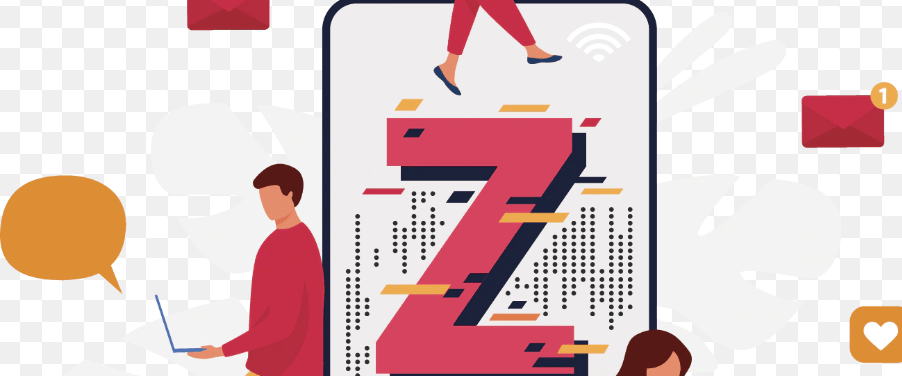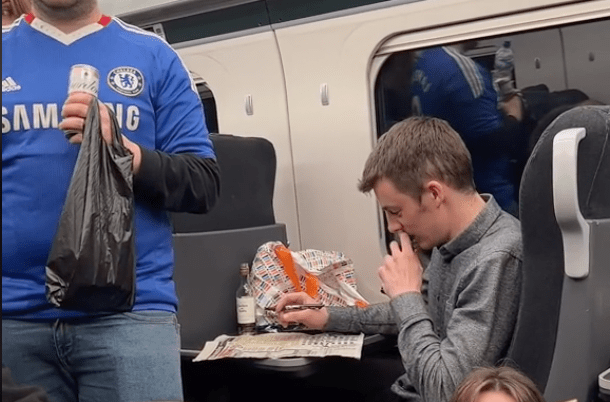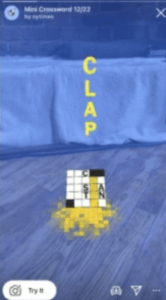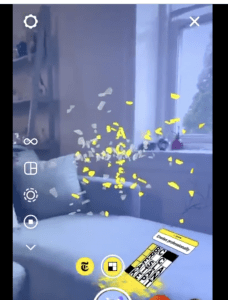Gen Z Surpasses Boomers in playing Puzzles

Who says the younger generation is only glued to their screens? A recent poll conducted by Unscrambled Words shows that Gen Z is taking the classic game of crossword puzzles by storm, surpassing their older counterparts in puzzle-solving fun.
Out of the 1,000 people polled, 50% of Gen Z respondents reported solving crossword puzzles regularly, compared to 38% of Baby Boomers, 31% of Gen X, and only 15% of Millennials. It seems that the allure of solving puzzles printed in books or newspapers still holds strong appeal for the younger generation.
The poll also revealed that most crossword enthusiasts attempt the puzzles because of the mental challenge they offer. Additionally, many said they do it because it exercises the brain, and who doesn’t love a good brain workout? Interestingly, the poll also showed that women are more likely than men to indulge in crossword puzzles, with 31% of women reporting regular play versus 26% of men.
Although some individuals may choose to solve puzzles digitally, most Americans still favor the traditional print version. The preferred locations for completing crossword puzzles include the comfort of one’s own home, during transit, while occupying the bathroom, and even at the workplace. As for the best time to indulge in some serious puzzle-solving time, Sundays have emerged as the most popular day of the week for crossword enthusiasts.
When it comes to the most challenging crossword puzzles, the New York Times takes the top spot, followed by regional publications. These puzzles often require a wide range of knowledge and a knack for wordplay, making them a favorite pastime for many crossword enthusiasts looking for a mental challenge.
Conclusion
In today’s fast-paced world, crossword puzzles provide a perfect escape for people looking to unwind and exercise their mental faculties. Apart from being a source of entertainment, research shows that puzzles also have cognitive benefits, such as improving vocabulary, memory, and overall brain function. With the rise of digital puzzles, crossword enthusiasts can now access a wide range of puzzles online, making it easier for them to indulge in their favorite pastimes. Whether you are a seasoned puzzler or a newbie looking to join in the fun, there is always a crossword puzzle that caters to your skill level. So, why not join the millions of crossword enthusiasts worldwide and challenge yourself to some brain-boosting fun?

 The NY Times crossword puzzle keeps up with latest tech trends and now you no longer have to get the paper edition of the newspaper to get your hands on the famous puzzles. In fact all you need to do is open the Instagram app and try solving the game in Augmented Reality.
The NY Times crossword puzzle keeps up with latest tech trends and now you no longer have to get the paper edition of the newspaper to get your hands on the famous puzzles. In fact all you need to do is open the Instagram app and try solving the game in Augmented Reality.